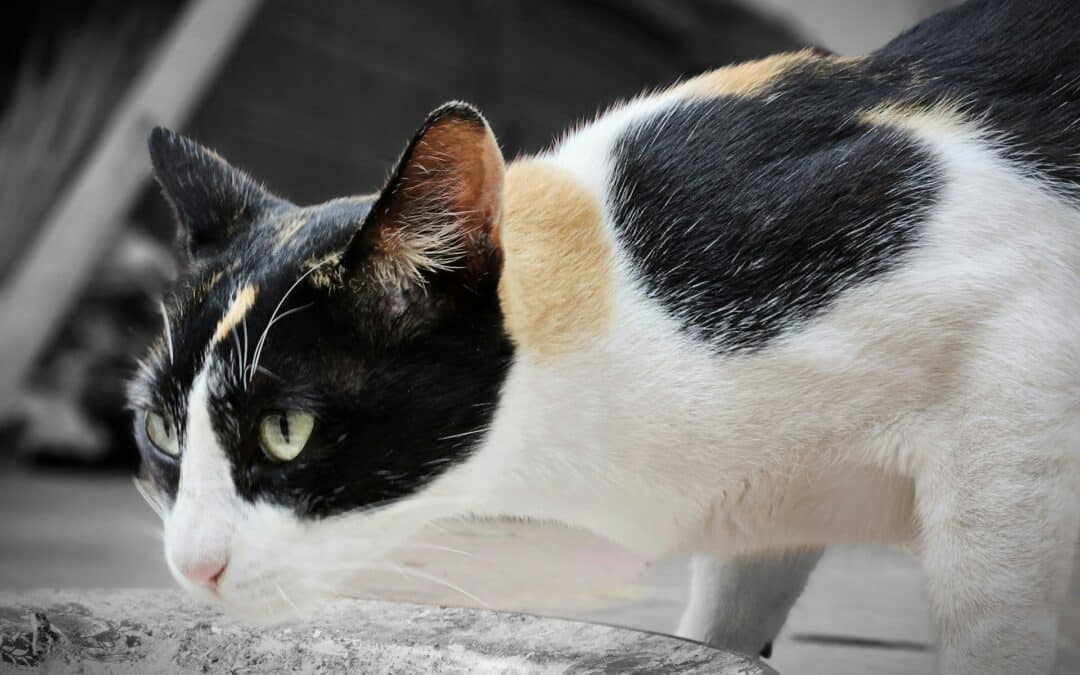Have you noticed any changes in your cat’s appetite? Are you wondering if this is normal or if your cat’s unusually finicky behavior could be something else? As a vets office that cares for many feline patients, we recommend that you schedule an appointment for your cat to be seen for an evaluation by an experience veterinarian if your cat’s eating habits have significantly changed.
What Are Normal Feline Eating Habits?
While every cat can be different (it’s in their nature to be their own unique selves!), most cats are typically grazers, eating several small meals throughout the day. But this is not always the case. For instance, some cats scarf down their food like hungry dogs do. Others pick at their food; while others, still, grab a mouthful, run away, then come back for more. Whatever your cat’s normal routine is, that is normal for her.
What Do Cats Like to Eat?
Then there are the personal food preferences of cats. Like most people they know what they like and don’t like and won’t eat anything that isn’t pleasing to their palettes. Here are some of the factors that can affect what and how your cat likes to eat:
- Aroma. Canned food is preferred by many cats because it gives off more delicious smells than hard food.
- Texture. Just like us humans, cats know what they like. And they tend to prefer solid, moist foods that are similar to what they’d find in the wild.
- Temperature. In the wild, cats eat warm, body temperature prey, so you may want to warm your cat’s food if it’s been chilling in the refrigerator. Just make sure it’s not too hot.
It’s essential to note that if your cat stops eating altogether, you should contact your vets office as soon as possible as it might indicate an underlying health issue. For more information on cat behavior, or if you have questions on your cat’s diet and nutrition, contact our vets office at East Valley Animal Hospital today. Let’s make sure your cat is on the purrfect path to health.
Images used under creative commons license – commercial use (12/3/24). Photo by Jayesh Patil on Unsplash

